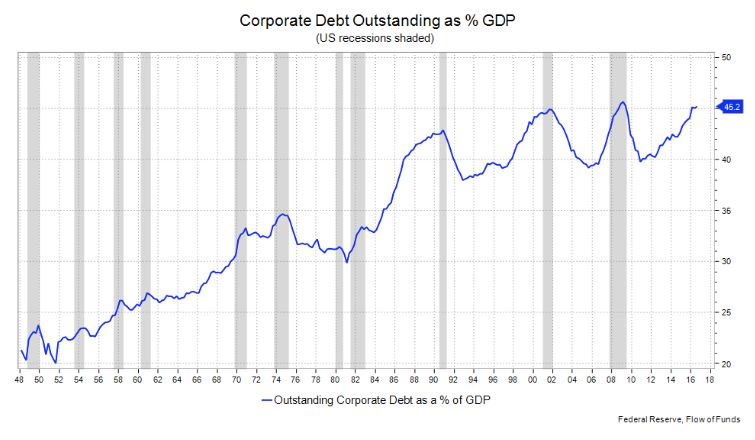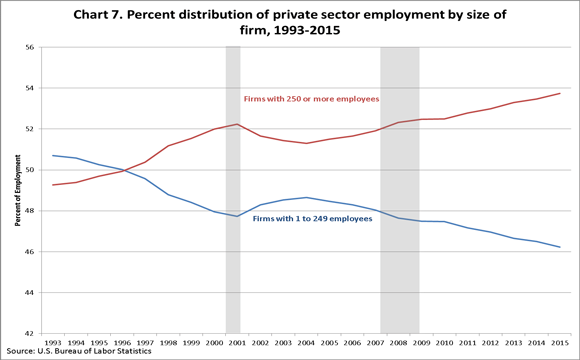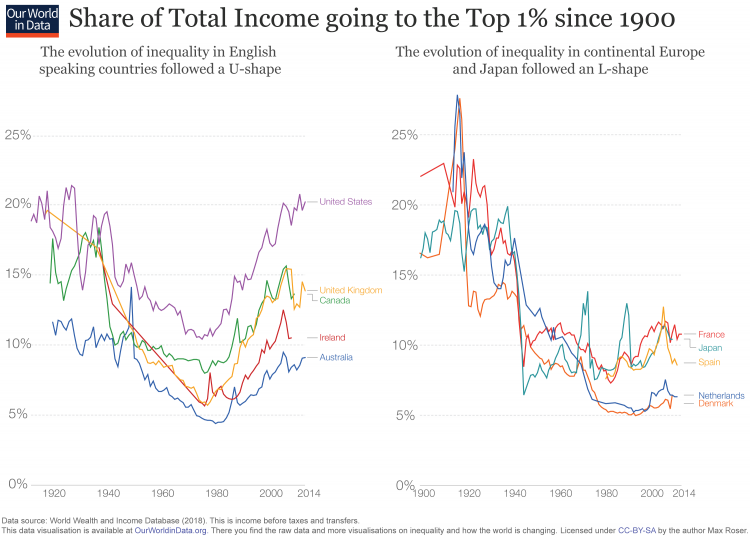Re: Income Inequality: So What?
When I look at the FRED chart of wages, it looks like an $0.18 increase from $26.80 to $26.98 in the second quarter, which is in line with the 0.6% wage growth. (FRED Average Hourly Earnings, Seasonally Adjusted: https://fred.stlouisfed.org/series/CES0500000003)
Hidden in the details is:
That's an increase in benefits as a cost, benefiting only one sector (the one raising premiums).
So, actually wages were up 0.6%, but the CPI was up 1.03%, so another way to write this headline would be something like: "Real Wages Decrease for Three-hundredth* Consecutive Quarter."
CPI:
https://fred.stlouisfed.org/series/CPALTT01USQ657N
*hyperbole, but, so is the agitprop on Marketwatch.
EDIT: Then there's this:
https://ftalphaville.ft.com/2018/07/...-wage-growth-/
Originally posted by vt
View Post
The employment cost index rose 0.6% in the second quarter, a tick below the MarketWatch estimate of 0.7%.
More important, the cost of worker compensation in the form of pay and benefits edged up to 2.8%...
More important, the cost of worker compensation in the form of pay and benefits edged up to 2.8%...
Hidden in the details is:
The big increase was in benefits: They jumped 0.9% to mark the largest advance in four years.
That's an increase in benefits as a cost, benefiting only one sector (the one raising premiums).
So, actually wages were up 0.6%, but the CPI was up 1.03%, so another way to write this headline would be something like: "Real Wages Decrease for Three-hundredth* Consecutive Quarter."
CPI:
https://fred.stlouisfed.org/series/CPALTT01USQ657N
*hyperbole, but, so is the agitprop on Marketwatch.
EDIT: Then there's this:
https://ftalphaville.ft.com/2018/07/...-wage-growth-/















Comment